Raw Milk: How Our Herd Share Works
We love raw milk but cannot have our own cow. Here, I explain how our herd share works which is the next best thing to owning a cow.
When it comes to raw milk and consuming it, it can be a bit controversial. In this article, I explain the main reasons why we do drink it. I also go into where we get our raw milk: our herd share and how it works.
This post contains affiliate links, which means I make a small commission at no extra cost to you.
Why we drink raw milk
In our family, we have carefully considered the pros and cons of drinking raw milk and decided that we would drink it. However, every family and situation is different. I highly encouraged you to do your own research and decide what’s best for you (check out my links below).
Reason #1
We really like the taste! That is and was our starting point.
Growing up in Germany, I remember being a little kid visiting my grandparents in their small village. They would often send me with 2 Deutsche Mark and a milk pail to the local dairy. There, I would get 2 liters of raw milk that was so fresh that it was still warm. I still have so many memories around this and how it tasted that I wanted that in my current life, too.
If you’ve never had fresh raw cream, you’ll be in for a treat! It is so sweet! I use it mainly for making butter which also tastes delicious. But in our opinion, even the milk tastes so much better than its pasteurized, homogenized counter part.
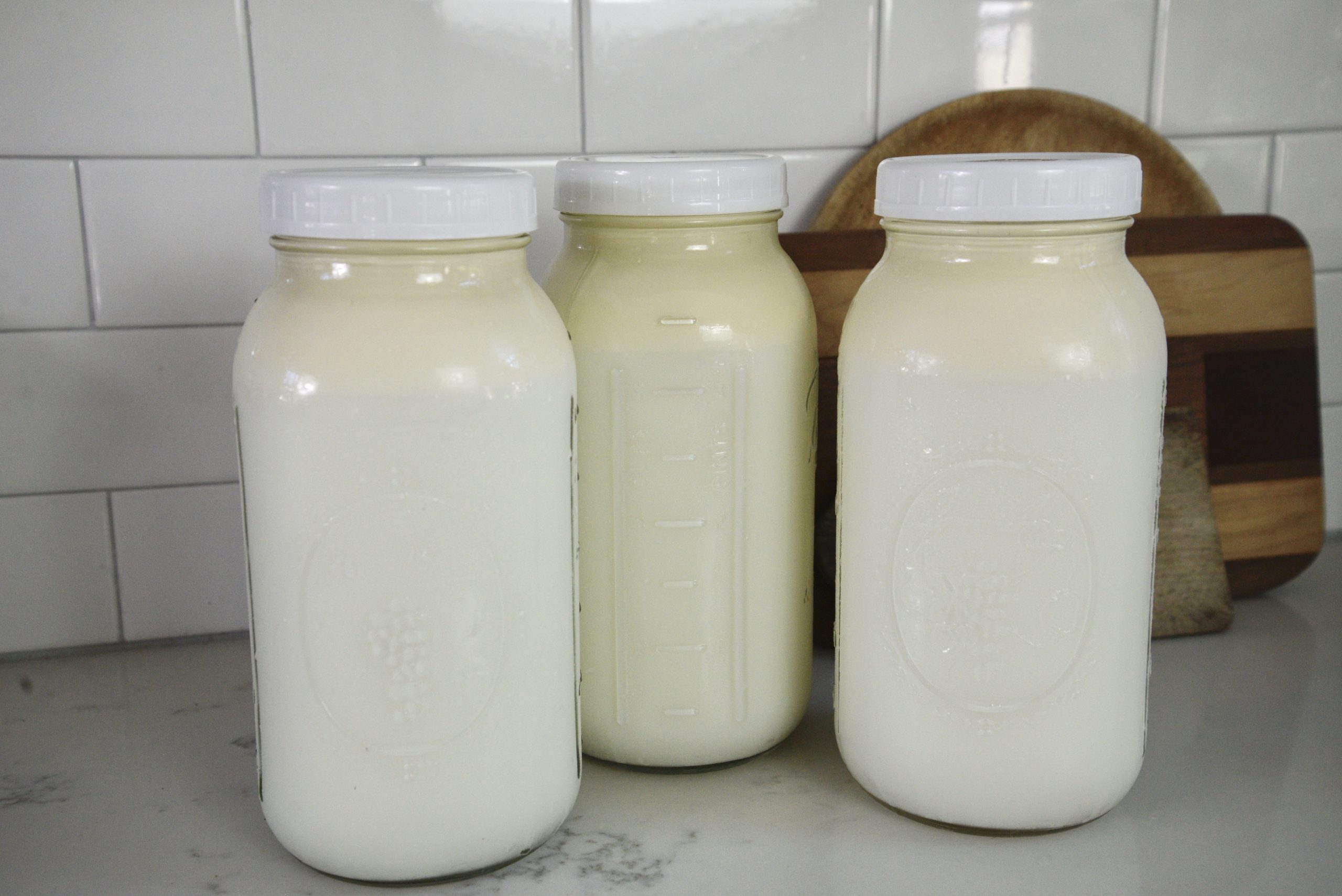
Reason # 2
We think it is healthier. Milk that has not been pasteurized has many more vitamins and critical enzymes for proper milk digestion not destroyed by heat. It is an unadulterated food. We have been consuming it for years, feel very good as a result, and have never had any problems whatsoever.
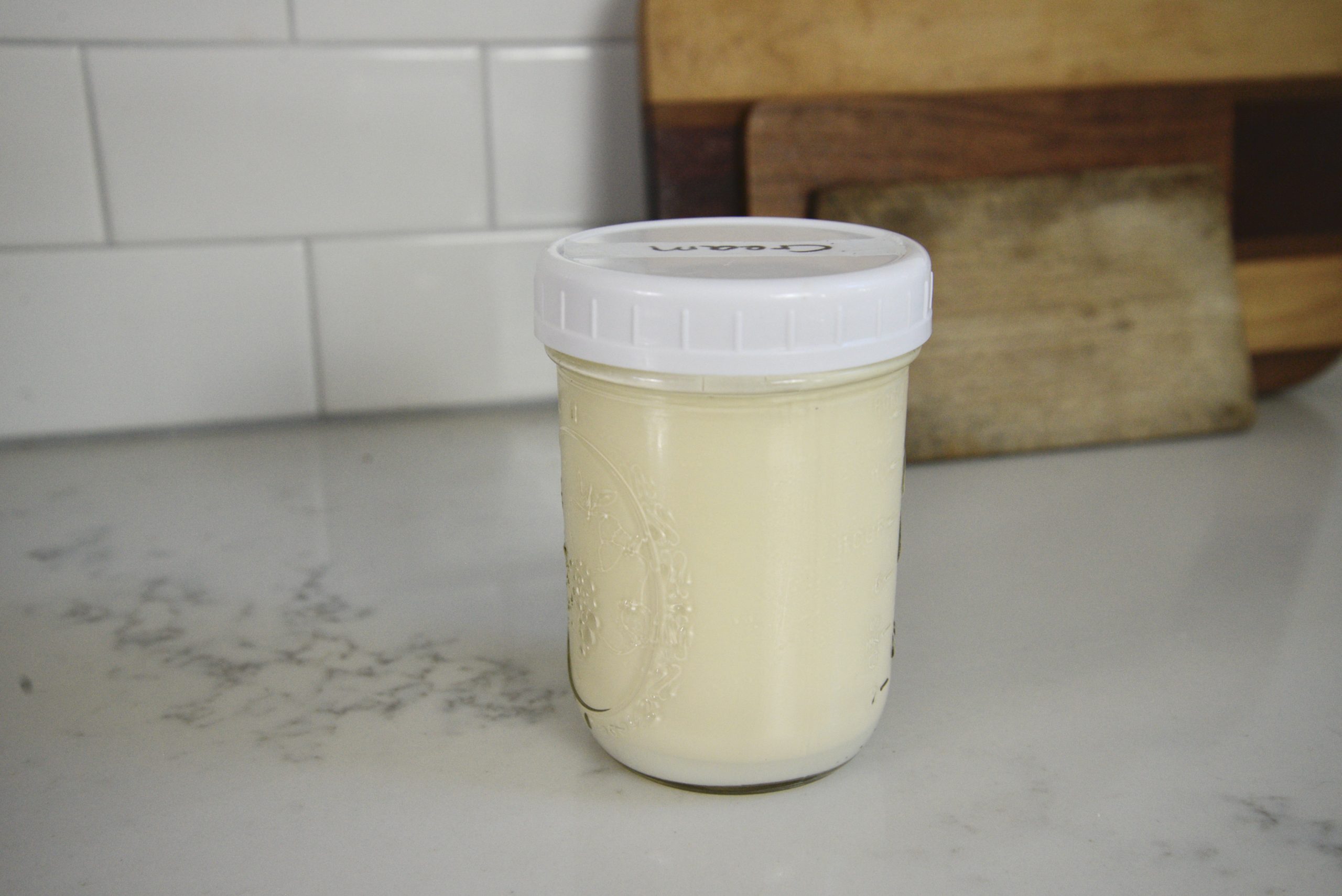
Reason # 3
We know the cows where our milk comes from. We as a family do consume animal products. My husband and I have also decided that we want to make sure those products come from animals that have been treated humanely and with respect.
I have visited – and like to “check in” – with the cows that share their milk with us. They have names! They live in a pasture year-round instead of being cooped up in a tiny, dark stall. Once a year, they get dried up. We see it as paid vacation for them from their job. During those 4-8 weeks, we do not receive any milk but that is fine with us.
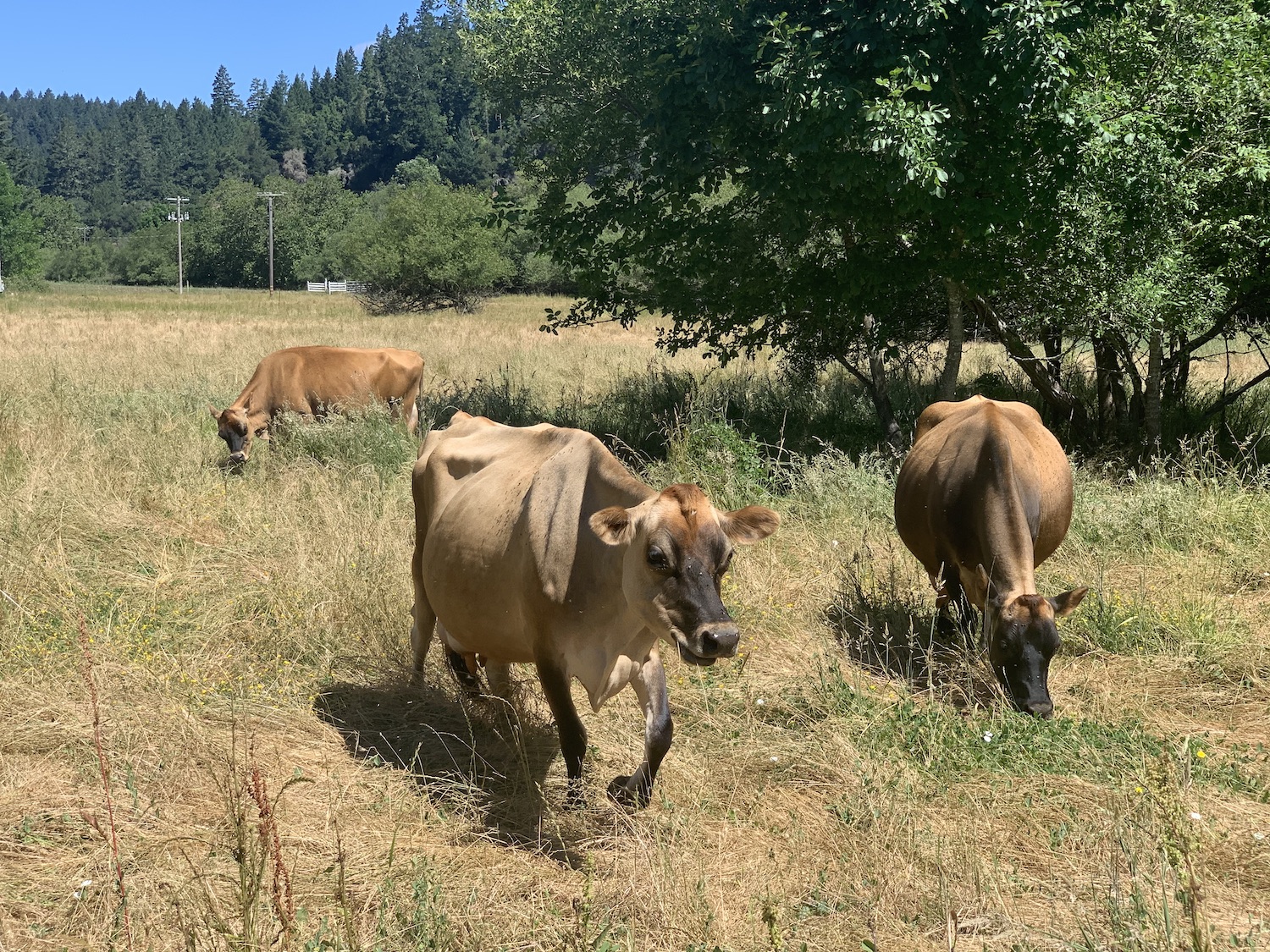
How our herd share works
The concept
We would love to own a cow or two. However, we live in a suburban area and our local zoning laws do not permit keeping a cow on our property. Nor would we really have the space.
With a one-time payment we bought into an existing herd. We then make monthly payments that cover the board, vet costs, and maintenance of the herd. As a result, once a week, we receive milk from these cows.
How it works
We are in a local group of about 7 or 8 families who share the driving to get the milk. The other day was my turn.
My first stop is the local pick-up/drop-off location that a lady has kindly offered in her front yard. Everyone leaves their empties there in a dedicated bin. I collect those empties, put them in coolers, and put the coolers in my car.
Now comes my favorite part: the drive. It takes about one hour or so to drive to the dairy. I actually really like the drive along country roads (and yes, I have played THAT song on that drive), past apple orchards, vineyards, pastures, and forests.
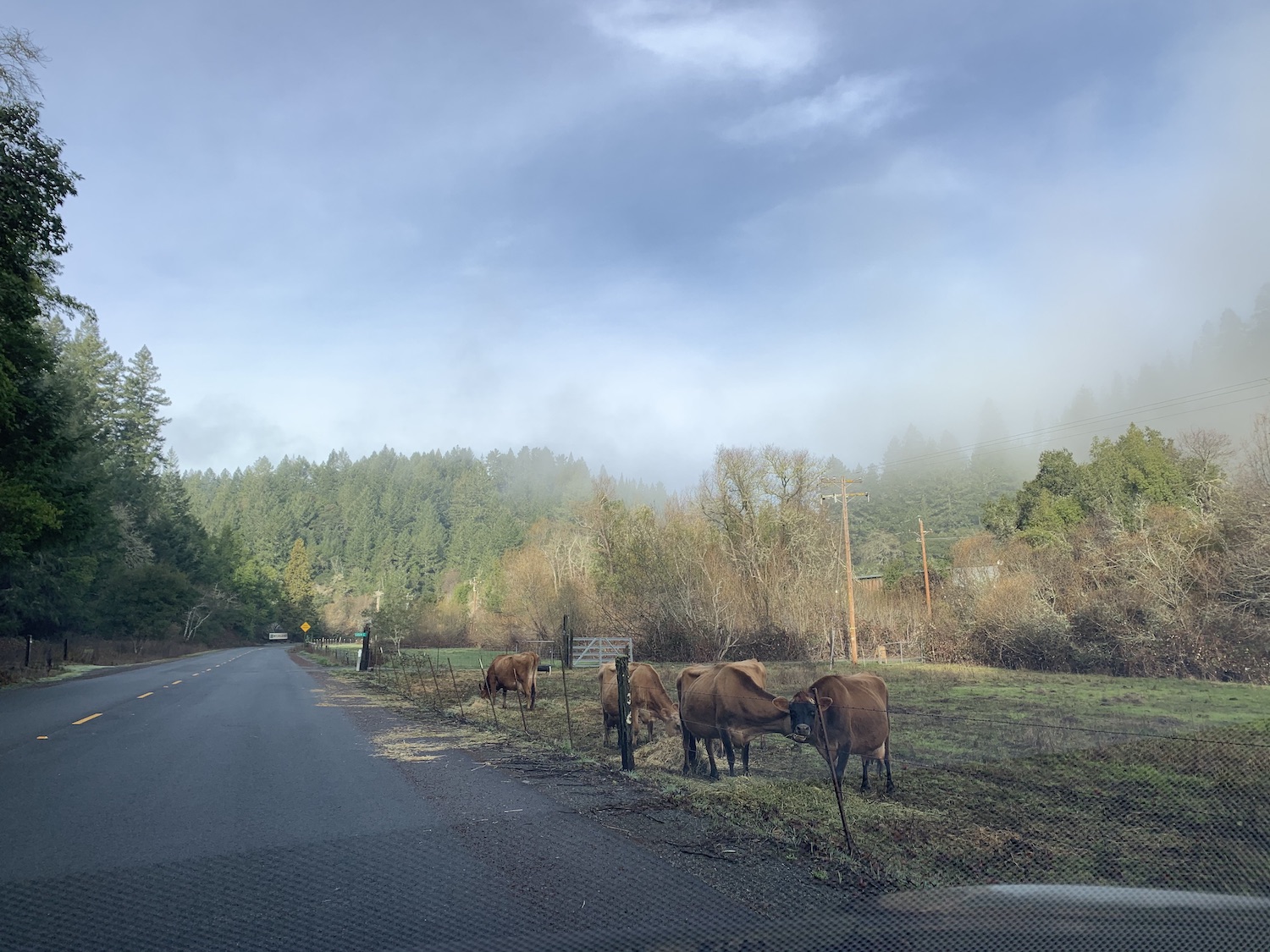
Once I get to the dairy, I bring the coolers into the dairy room. Everything in there is stainless steel, very organized, and kept clean and sanitized.
I transfer the empties to a shelf that has the name of our local group and individual names on it. Everyone keeps the same bottles and jars.
Next, I find the spot in the big refrigerator with, again, the name of our local group where the filled bottles are. I put them in the coolers. In the meantime, I have the ice machine going so that I can fill the coolers with ice for the drive home. It is important to keep the milk very cool so it doesn’t turn sour.
Now comes the heavy lifting of putting the coolers back in the car.
On the drive home, I usually stop at a farmstand or have some other stops. It really is an outing!
When I get back to the our drop-off location, I keep our 3 jars in the car but put the coolers with the milk in the dedicated area. I send a quick email to the members of our group letting them know that the milk is in so they can come get it.
What we like to do with our raw milk
First and foremost, we love to drink it. Our raw milk is delicious in our morning coffee. My husband loves it in all sorts of smoothies.
I like to let the cream rise to the top for at least one day. Then I skim it off to make butter with it (check out my recipe for homemade butter here).
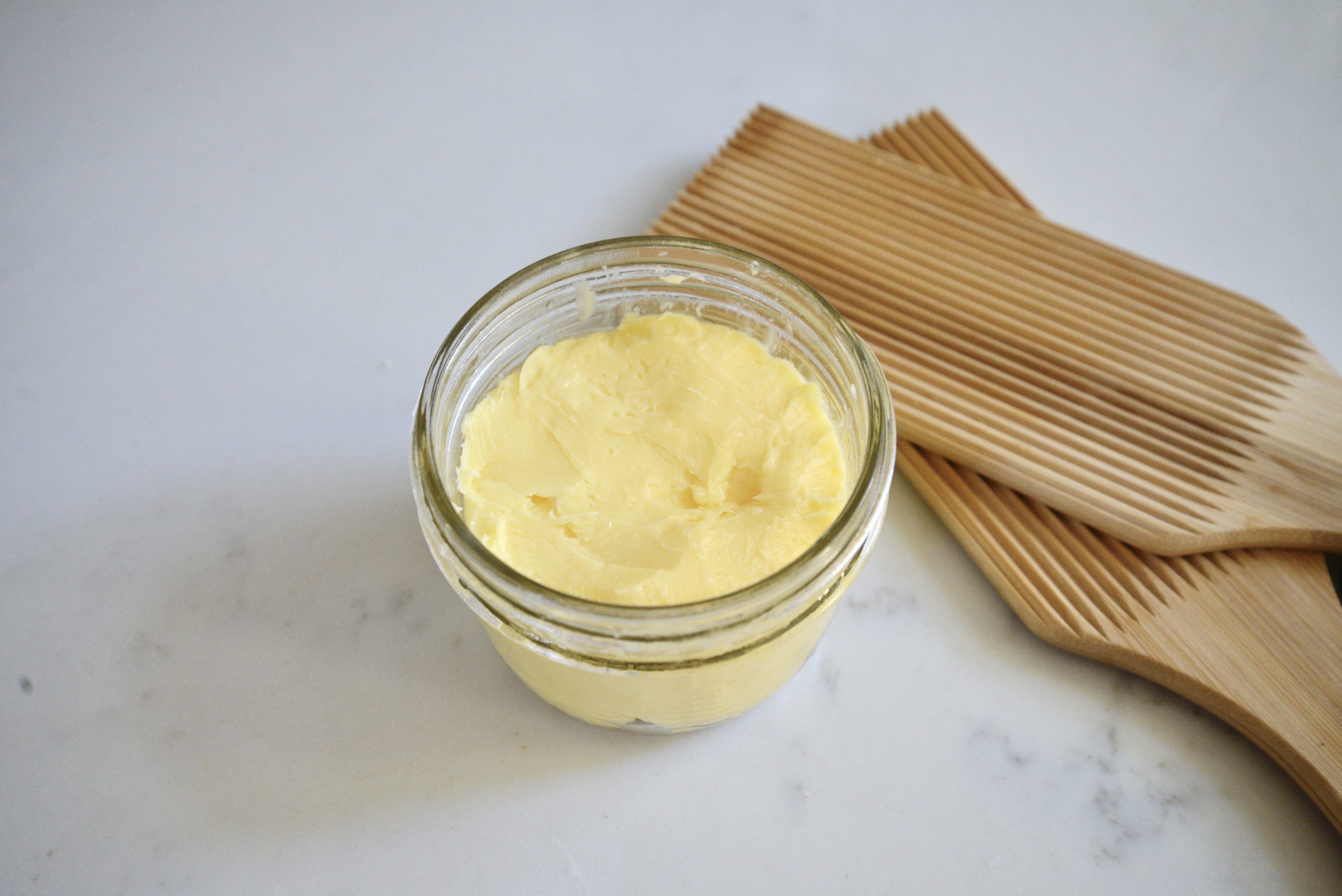
This raw milk is perfect for making kefir or yoghurt which we do on a regular basis. Of course, the raw cream makes a fantastic whipped cream – if we have any left.
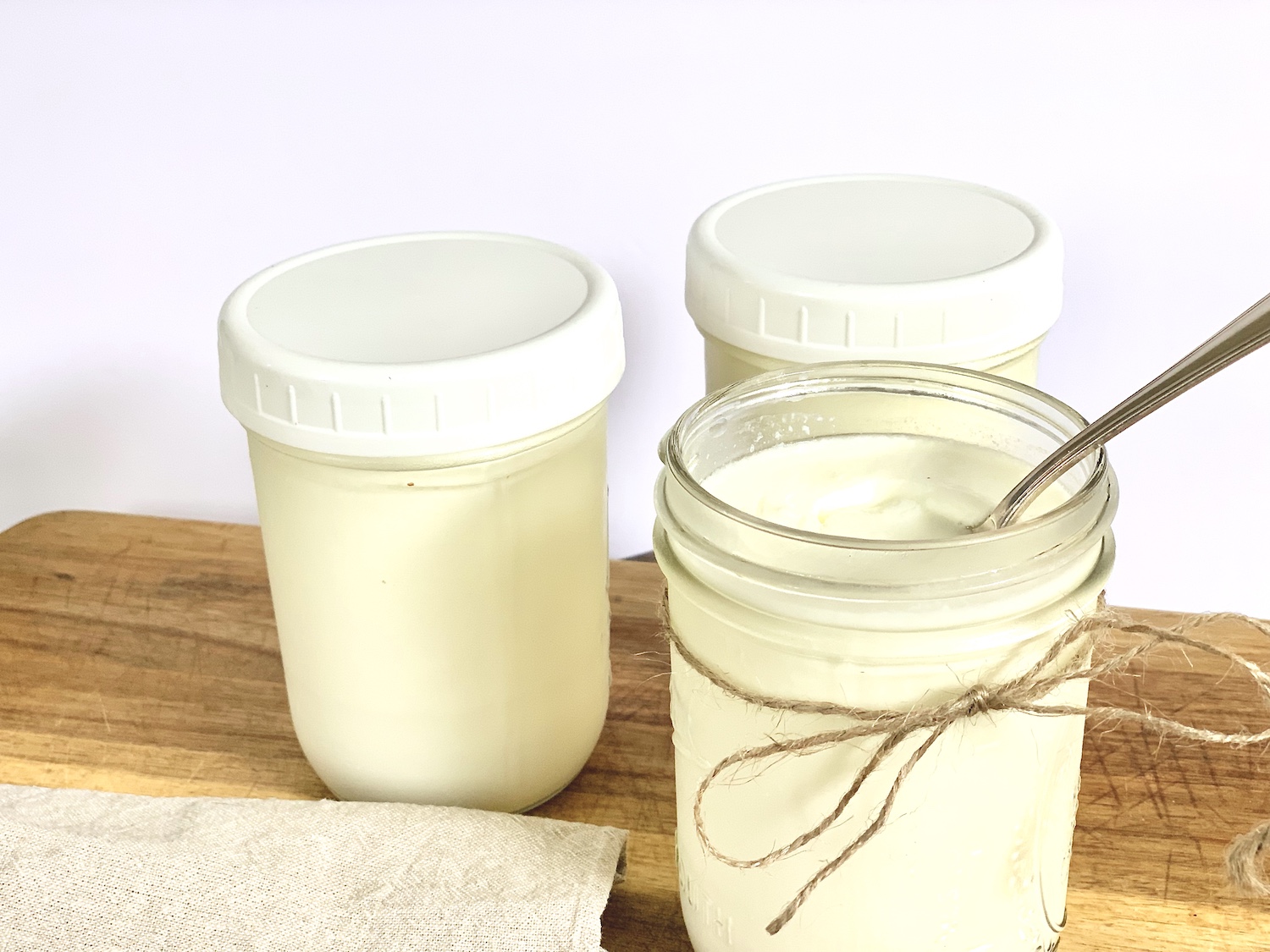
With my German heritage, I often make quark as well. It is a soft, fresh ricotta-like cheese. I am considering making a blog post and video about. Stay tuned if that interests you! Most definitely, I want to experiment with making different types of cheese and I will share my results here in this space.
If you’re interested in getting raw milk and learning more about it
If you’re still deciding if raw milk is for you, there are some good resources to check out.
I like this one and this one. Here’s another perspective. And there is an interesting study on raw milk and its protective effect on allergies and asthma.
In the book “Nourishing Traditions” you can also read more about raw milk and raw dairy.
If you are indeed interested in getting raw milk and you can’t or don’t want to own a cow, there are few ways to find sources.
Obviously, word of mouth can be very powerful. Perhaps you know people who drink raw milk or might be the “types” that would. They may be very happy to share their source.
Maybe you could post an add in a local neighborhood network or on craigslist. Another good source are local chapters of the Weston A. Price Foundation.
You can also check out this website that lists sources for raw milk by state, even though I don’t know exactly how exhaustive and inclusive it is.
I would love to hear all your comments and questions below!
Pin For Later:
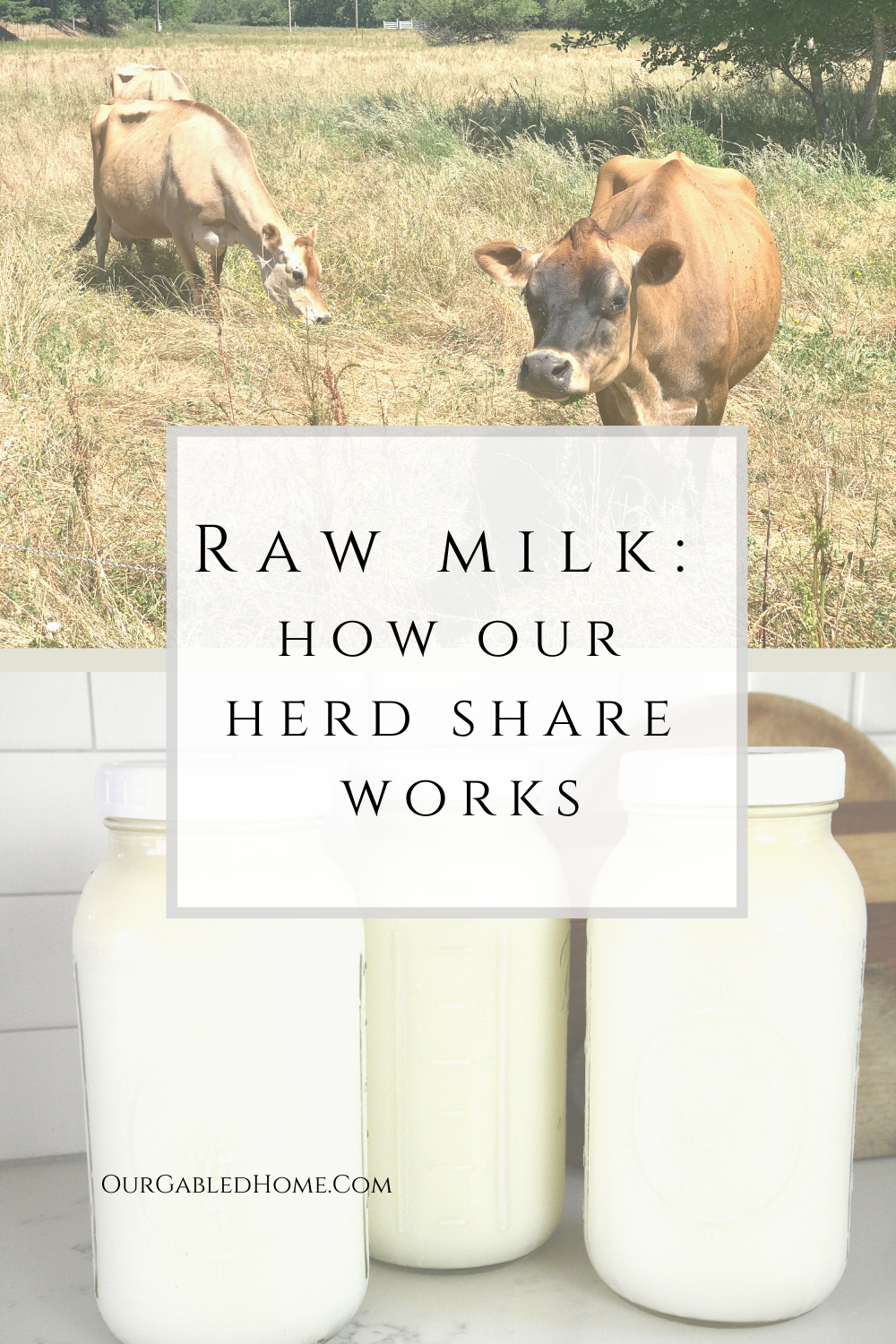
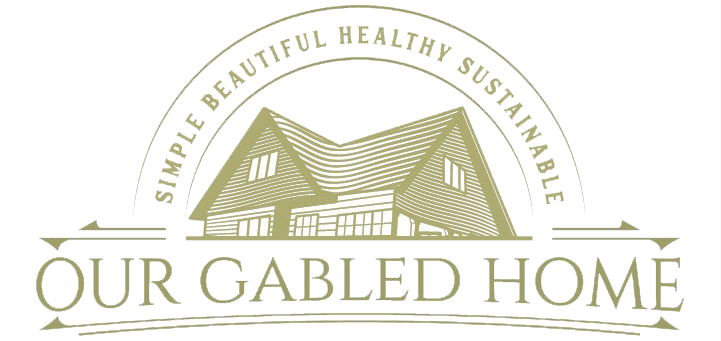

Great post! Love hearing your routine, it sounds like a fun outing 🙂 I too wish we could have a cow but 3/4 of an acre in town doesn’t provide enough land. One day though 🙂
Thank you – and keep up your dream!
We are also part of a herd share. Raw milk has benefited our health in many ways!
Love that you love raw milk! And I feel like a herd share is the way to go if you can’t own a cow.
I wish this was a thing in Canada! When I was a kid, my stepfather managed to get his hands on raw milk and butter from an Amish family living in the area. It was so creamy and delicious, but I had no idea what a rare treat it was at the time! P.S. Quark is soooo good, but I have such a hard time finding it!
Maybe you CAN find raw milk in Canada??? And yes, it is so good! Quark is hard to find – that is why I make my own!
Great post! I did not know herd share was a thing. It makes a lot of sense though! We drink raw milk from a dairy in another town. It is pretty good, but I’d like it more if I actually knew the cows it came from.
Thank you, Alexa! It is so nice knowing the cows!